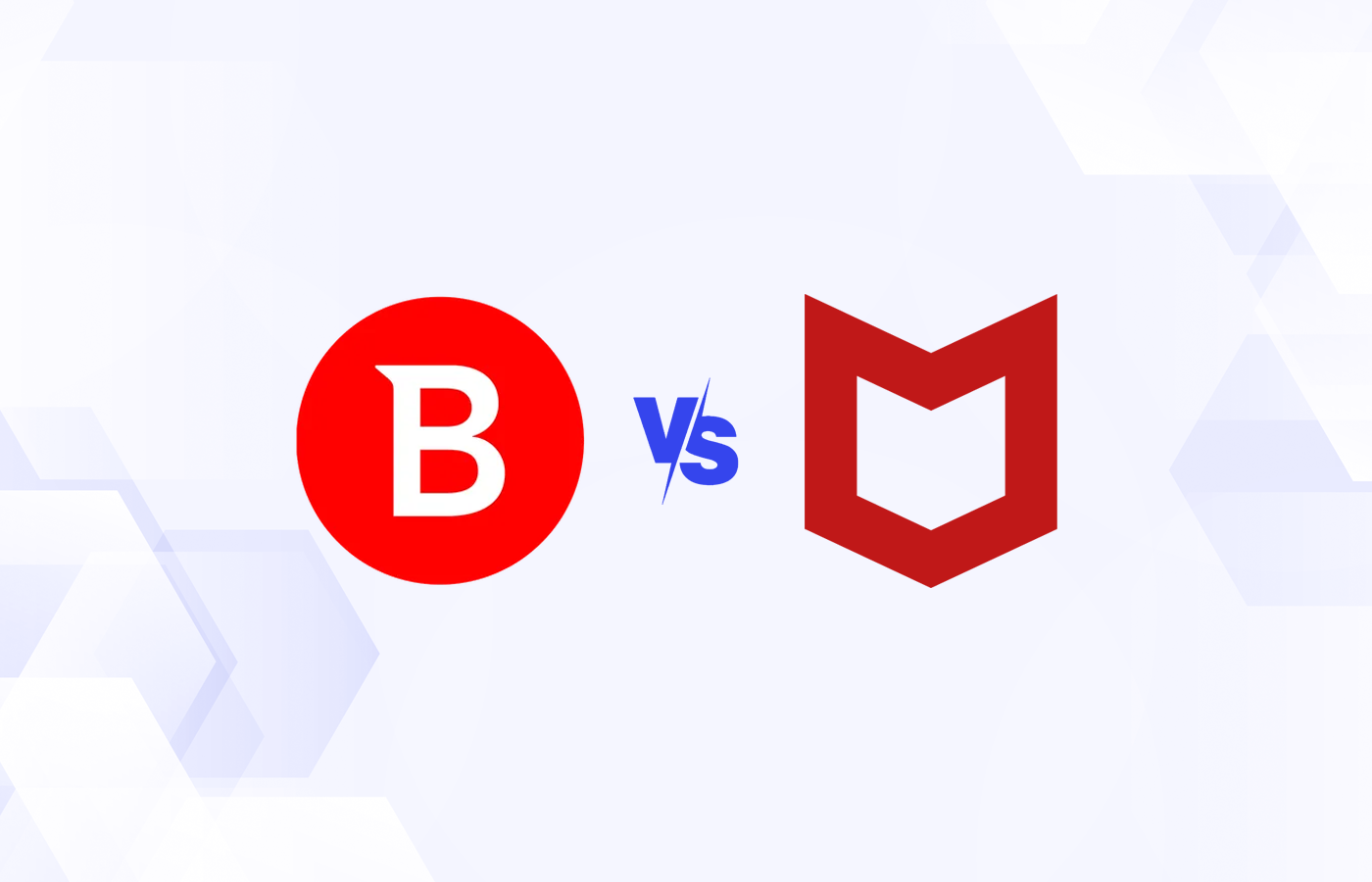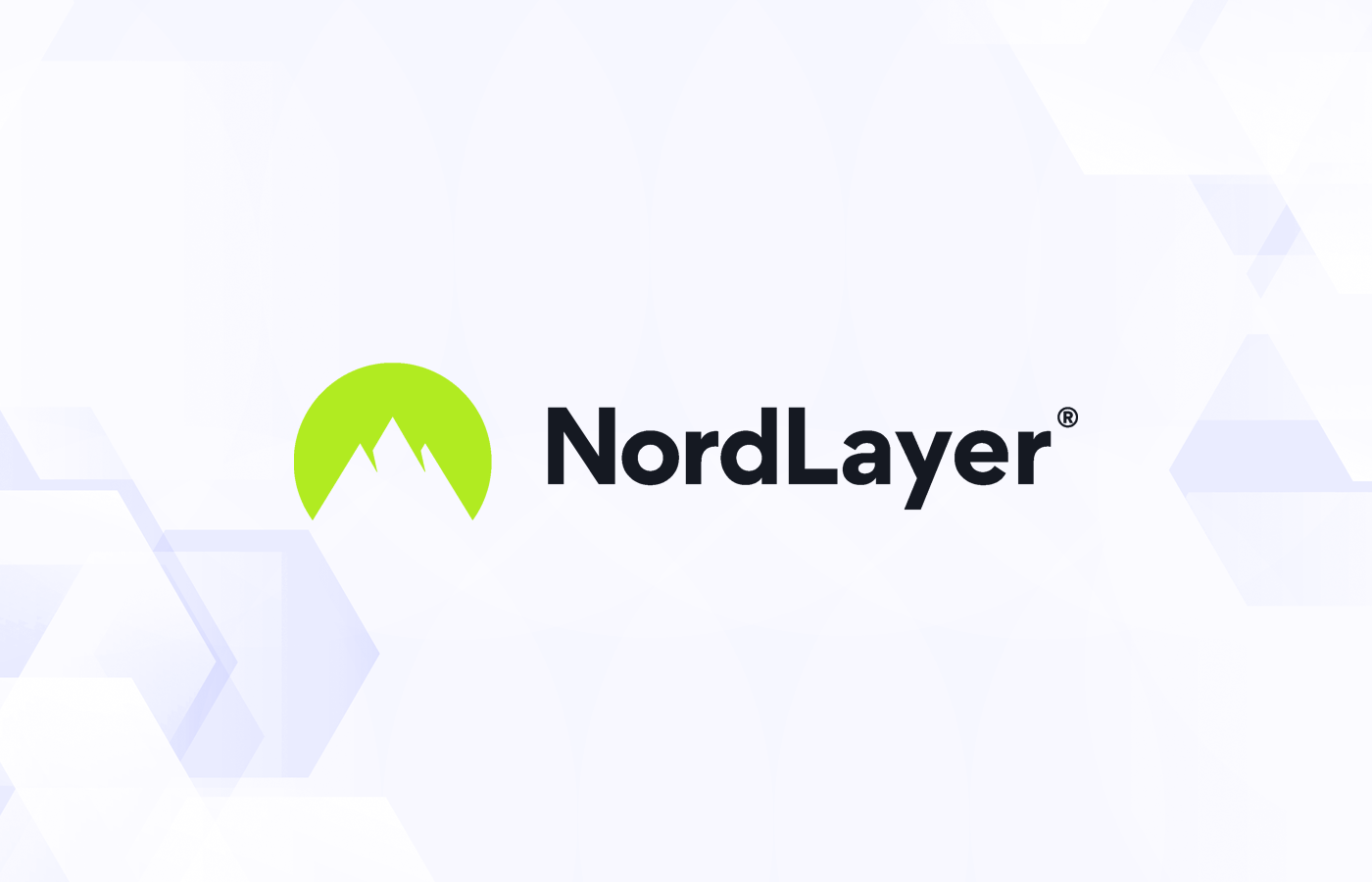Forcepoint was formed in January 2016 as the combination of Raytheon Cyber Products, Websense and Intel Stonesoft. Its mission is to transform cybersecurity by focusing on what matters most: understanding people’s intent as they interact with critical data and intellectual property wherever it resides. It is a privately held company.
What Is Forcepoint NGFW?
Forcepoint is one of two vendors grouped as Visionaries by Gartner. Forcepoint NGFW connects and protects people and data accessed throughout an organization’s offices, branches, and the cloud. Through a single console, Forcepoint NGFW enables security teams to deploy, monitor, and update thousands of firewalls, VPNs and IPSs rapidly, whether in-house or via a managed service provider. It includes high-availability clustering and SD-WAN networking. It works in tandem with the Forcepoint Human Point System spanning user and data protection as well as cloud and access gateway security. A common software core provides unified operation and performance across all forms of appliances – physical, virtual, and cloud.
What Are the Top Forcepoint NGFW Features?
Security and performance: Tops. NSS Labs tested the Forcepoint NGFW 2105 and gave it a 99.7% security effectiveness rating, best among products tested. Performance was a very strong 7,654 Mbps.
Value: Good. NSS Labs gave Forcepoint a $7 TCO per protected Mbps, a little behind the leaders, but still a solid value.
Implementation: Tops. Forcepoint ranks near the top in user surveys for ease of integration and deployment.
Management: Tops. Forcepoint gets high marks for its centralized management and ease of use, and customer satisfaction is very high.
Support: Good. Users are generally satisfied, but a relatively small channel network is a drawback.
Cloud features: Fair. Forcepoint has been slower than its peers to offer cloud security features with its firewall. Lack of CASB integration and support for Google Cloud are drawbacks.

What Are the Security Qualifications of Forcepoint NGFW?
NIST SP 800-171
How Intelligent is Forcepoint NGFW?
Forcepoint NGFW uses techniques for analyzing the behavior of anomalous network connections. It plans to enable its firewall to feed network activity data into its user and entity behavior analytics solution, Forcepoint UEBA, for advanced correlation and the ability to provide risk-adaptive protection that varies according to users’ actions.
How Is Forcepoint NGFW Delivered?
Forcepoint NGFW is available in a range of physical appliances as well as software for virtual and cloud deployments. All can be managed together from a single console.
Does It Use Agents?
Forcepoint NGFW supports the optional use of its Endpoint Context Agent which, when installed on a laptop, desktop or server, enables the firewall to control access to the network according to the state of the endpoint (using NAC-like attributes such as whether AV is active) and to whitelist or blacklist specific endpoint applications and versions. This enables Forcepoint NGFW to express business processes such as prohibiting the use of obsolete versions of IE for accessing the network while allowing IE11 or the latest versions of Chrome.
How Much Does Forcepoint NGFW Cost?
Pricing varies according to the capacity and the capabilities desired, starting at under $1,000 for its small office/home office model. The high-end 6200 series lists at more than $100,000, while the 2105 tested by NSS Labs costs around $40,000.








